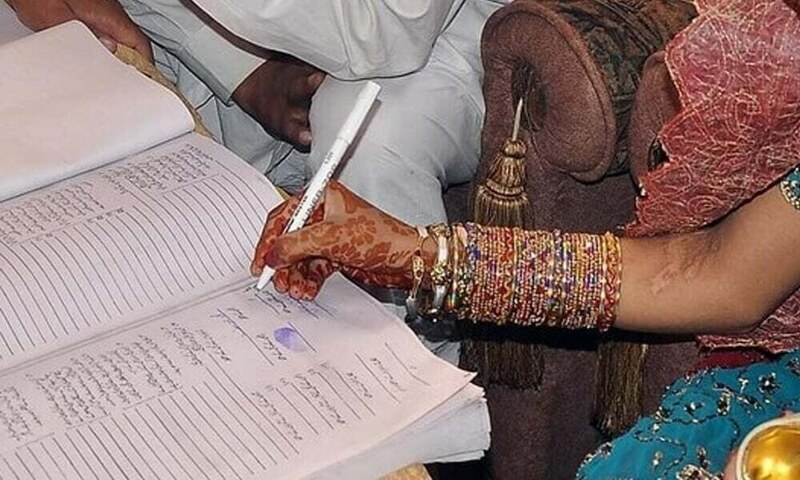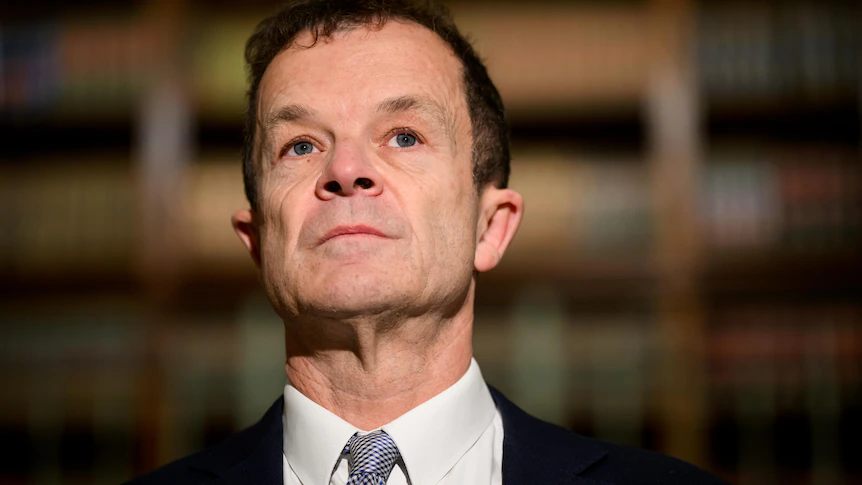Copyright brecorder

KARACHI: The participants at a high-level roundtable discussion on child marriage was held here on Thursday recognized the lead-role of Sindh Government by enacting Sindh Child Marriages Restraint Act-2013, setting 18 years as the minimum legal age for marriage. It was also acknowledged the Child Marriage Prevention Initiative launched by Directorate of Human Rights, Government of Sindh described it a promising model of coordinated provincial action. This law reflects our collective moral and social commitment to safeguard the dignity and future of every child, especially our girls. However, the challenge before the government is to ensure that this progressive law is implemented in letter and spirit. The roundtable brought together lawmakers, civil society representatives, law enforcement officials, and development partners to deliberate on the implementation of child marriage legislation and explore strategies to strengthen inter-provincial collaboration to stop child marriage across the country. Sindh Human Rights Commission actively participated in this important conference , which was organized by United Nations Population Fund and the Sindh Commission on the Status of Women, in collaboration with Government of Sindh and under the broader initiative “Learning Across Provinces: Advancing Child Marriage Legislation. Agha Fakhur Hussain, Secretary, Sindh Human Rights Commission reaffirmed SHRC’s unwavering commitment to protecting the rights of children and promoting gender equality throughout the province. He also commended UNFPA and SCSW for convening this timely and vital platform for policy dialogue and mutual learning. Emphasizing the importance of enforcement through stronger institutional coordination, effective prosecution, and community engagement, he said that despite hundreds of FIRs registered between 2018 and 2024 under the Act, only a limited number resulted in convictions due to loopholes in the legal system. In District Dadu, now declared a Model District, multiple departments—including Education, Police, Social Welfare, and Local Administration—are working collaboratively with local communities and religious leaders to prevent early and forced marriages. In District Dadu, now declared a Model District, multiple departments—including Education, Police, Social Welfare, and Local Administration—are working collaboratively with local communities and religious leaders to prevent early and forced marriages. Agha also underscored SHRC’s complementary role through independent monitoring, data documentation, and policy advocacy, reaffirming that child marriage constitutes a violation of human rights, equality, and human dignity. “Ending child marriage is not just a legal obligation. I t is a moral and developmental imperative.” Protecting every girl’s right to education, health, and safety is essential for Pakistan’s sustainable and inclusive progress, he said. The SHRC commended UNFPA, the Sindh Commission on the Status of Women, and all distinguished partners, including Dr. Gulnara Kadyrkulova (UNFPA), Advocate Rubina Brohi (SCSW), Maliha Zia (Legal Aid Society), Farah Sohail (MPA Sindh Assembly), Faizullah Korejo (DIG Police), Usama Khawar Ghumman (Parliamentary Development Unit), and Golden Mulilo (UNFPA for their continued leadership and collaboration. At the end, commemorative shields were distributed among participants and delegations in recognition of their contributions to the “Learning Across Provinces: Advancing Child Marriage Legislation” exchange programme. “Together, through compassion, accountability, and inter-provincial learning, we can ensure that no child in Pakistan is deprived of her right to education, health, safety, and dignity because of early or forced marriage,” Hussain concluded. Copyright Business Recorder, 2025



